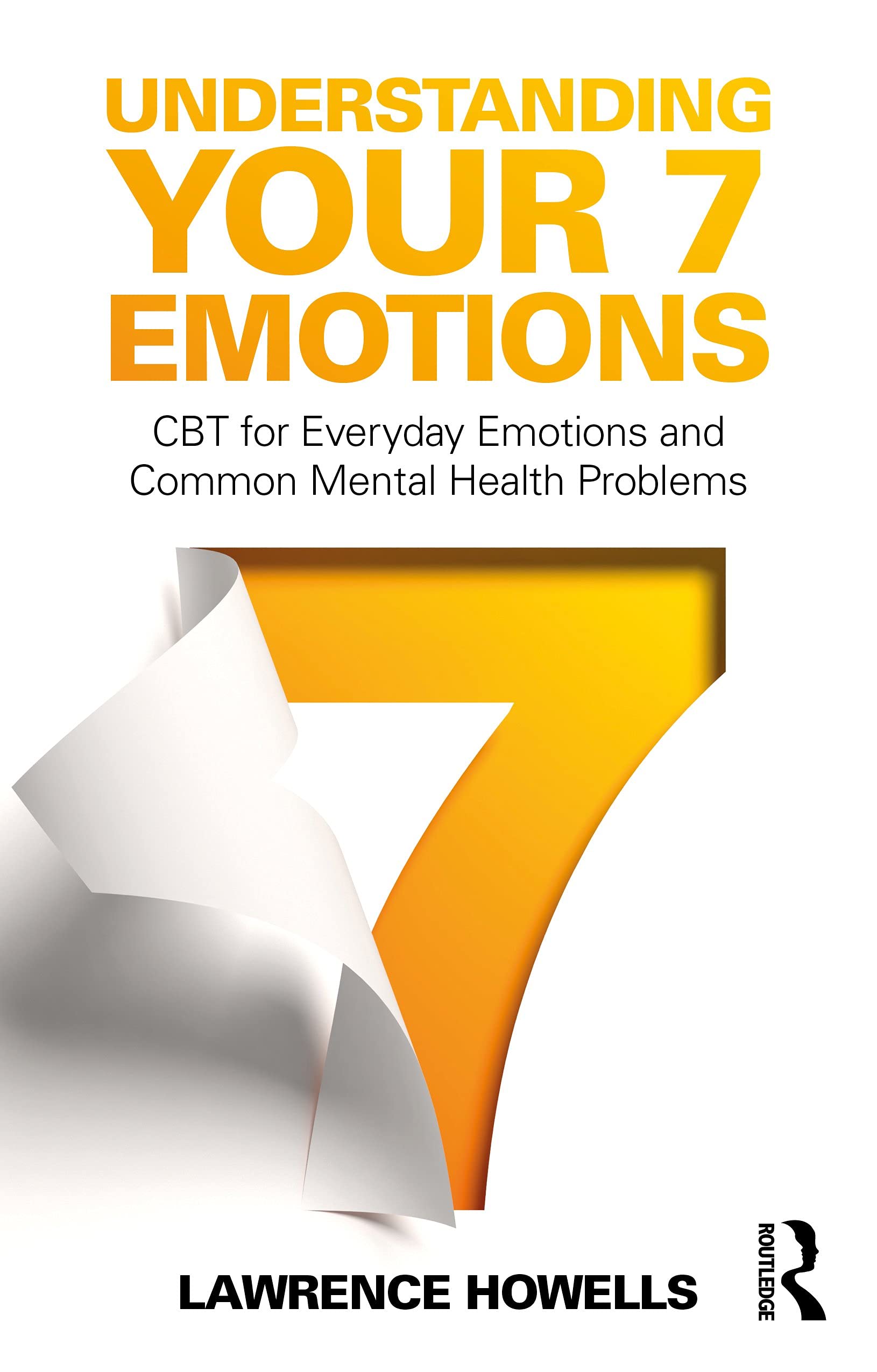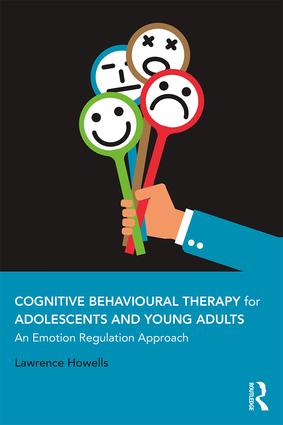 Dr Howells’ new book: Understanding Your 7 Emotions is out now! It explains how emotions help us to respond to the world around us and are fundamental to our existence.
Dr Howells’ new book: Understanding Your 7 Emotions is out now! It explains how emotions help us to respond to the world around us and are fundamental to our existence.
The book provides a detailed understanding of the main human emotions – fear, sadness, anger, disgust, guilt, shame and happiness – showing how to live with them and how to resolve problems with them. Each of the seven chapters also includes an ‘emotional trap’ to highlight what happens when we get stuck responding in unhelpful ways and explains how to get out of the trap. Grounded in emotion science and cognitive behavioural therapy, the book provides a powerful alternative to mental health diagnosis. Examples and exercises are provided throughout to help apply the ideas and achieve health and happiness.
This easy-to-read guide will help anybody who is interested in emotions or is struggling with common mental health problems to better understand how emotions work and improve their own and others’ mental health and emotional wellbeing. It will also be an invaluable resource to those working in the caring professions.
Dr Howells’ previous book: Cognitive Behaviou ral Therapy for Adolescents and Young Adults: An Emotion Regulation Approach was published in 2018. It provides a unique focus on therapeutic practice with adolescents and young adults, covering everything from psychological theories of adolescence to the treatment of common emotional difficulties.
ral Therapy for Adolescents and Young Adults: An Emotion Regulation Approach was published in 2018. It provides a unique focus on therapeutic practice with adolescents and young adults, covering everything from psychological theories of adolescence to the treatment of common emotional difficulties.
Beginning with a review of development through adolescence into adulthood, and the principles of CBT, the book highlights problems with traditional models of CBT for adolescents and young adults. In a fresh approach, this book separates CBT from diagnosis and grounds it instead in emotion science. Adolescents and young adults learn not about disorders and symptoms, but about emotions, emotional ‘traps’, and how they can use CBT to bring about change. There are chapters on fear, sadness, anger, emotion dysregulation, and happiness. Each chapter provides an outline of emotion science, a clear cognitive behavioural formulation (‘trap’), and evidence-based interventions. Clinicians are walked through the process using case illustrations.
Cognitive Behavioural Therapy for Adolescents and Young Adults represents a transformation of CBT practice, and will become a valuable treatment manual to training and practicing mental health professionals, especially psychotherapists specialising in CBT.